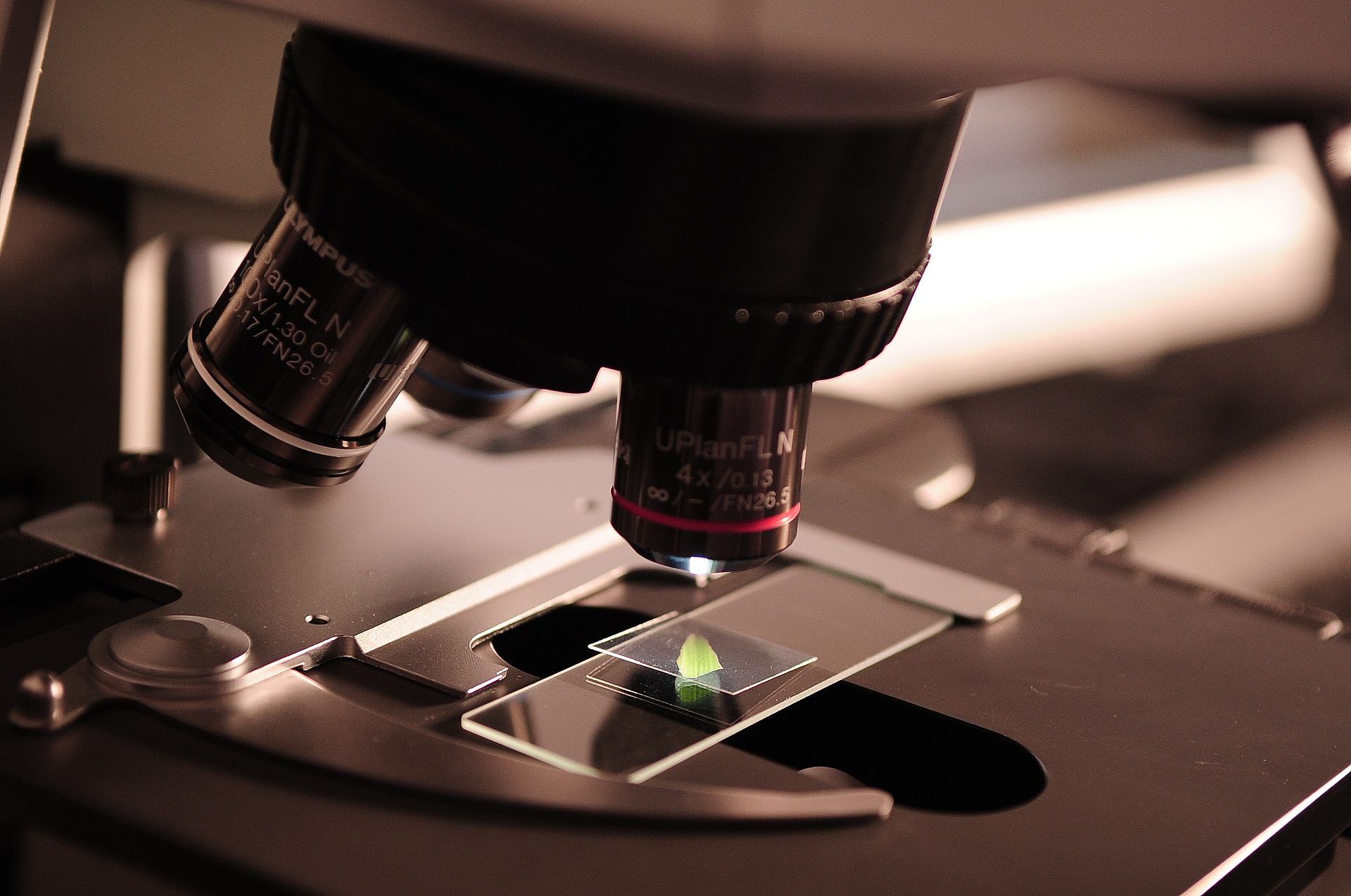While we’ve seen AI’s transformative effects in Gmail, Docs, YouTube, and Drive, the tech giant has also ventured into more critical territory — healthcare. One of its groundbreaking endeavors is the development of an “Augmented Reality Microscope” (ARM) designed to assist doctors in the early detection of cancer.
Collaborating closely with the Department of Defense, Google’s ARM represents a fusion of cutting-edge technology and medical expertise. This innovative device incorporates AI enhancements that provide real-time visual indicators, such as heatmaps and object boundaries, revolutionizing the way pathologists examine biological samples.
The path to early cancer detection: Can Google’s AI microscope lead the way?
In a recent patent filing, Google described its ARM as a “microscope of the type used by a pathologist to view slides containing biological samples such as tissue or blood.” What sets this microscope apart is its ability to project enhancements onto the field of view in real-time as the slide is manipulated, offering invaluable insights to pathologists.

These enhancements serve as aids, providing pathologists with vital information for characterizing or classifying the sample. For instance, the ARM can assist in identifying the presence of cancer cells or pathogens within the sample, thus potentially revolutionizing the early diagnosis and treatment of diseases.
One notable aspect of Google’s ARM project is its commitment to complementing, rather than replacing, existing microscopes commonly found in hospitals and clinics. The aim is to create a system that can be easily retrofitted into the infrastructure of healthcare institutions. ARM-equipped microscopes offer a wealth of visual feedback, including text, arrows, contours, heat maps, and animations. Each of these elements can be tailored to meet specific assessment goals, providing pathologists with a powerful tool to enhance their diagnostic capabilities.
While the ARM is not yet in use for diagnosing patients, there are reportedly 13 prototypes currently undergoing testing. These prototypes are poised to assist doctors in their daily clinical tasks, potentially improving the accuracy and efficiency of diagnoses.
Google’s foray into the healthcare sector is part of its broader initiative to harness the potential of AI across diverse fields. In a recent development, the company has been testing a generative AI chatbot designed to provide users with life lessons and advice when they are feeling low. Known as Bard, this chatbot is a testament to Google’s commitment to exploring the myriad applications of AI.

Furthermore, Google’s AI subsidiary, DeepMind, has been actively working on 21 different types of AI-powered solutions. Collaborating with the contractor Scale AI, Google has been assessing the proficiency of its chatbot in addressing intimate queries, further highlighting the company’s dedication to leveraging AI for the betterment of society.
In conclusion, Google’s Augmented Reality Microscope represents a significant stride in the integration of AI into healthcare. By providing real-time visual enhancements and assisting pathologists in their critical work, the ARM has the potential to revolutionize cancer detection and diagnosis. Google’s commitment to enhancing existing healthcare infrastructure while exploring AI’s limitless possibilities underscores its pivotal role in shaping the future of healthcare and technology. As we move forward, we can only anticipate more groundbreaking innovations from this tech giant.
Featured image credit: National Cancer Institute/Unsplash





